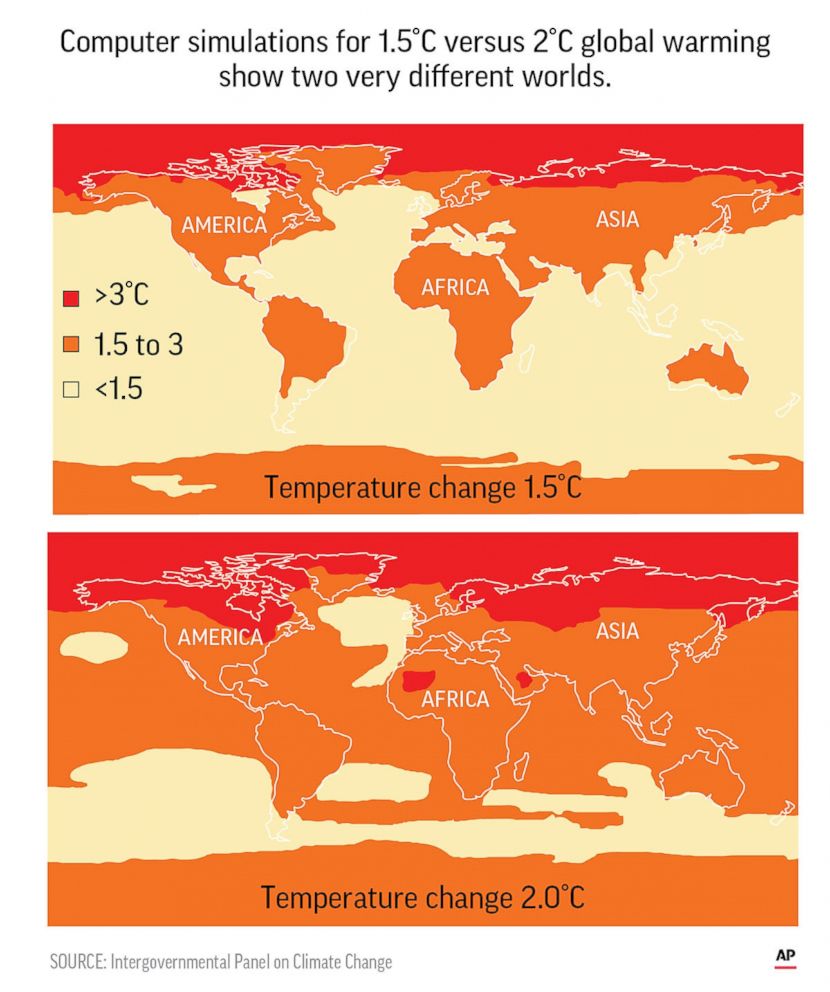I remember reading about that. Didn't it mostly apply to old studies that were done in the 90's, or possibly early 2000's, before low cost genome sequencing was available? Thus they used very low sample sizes? But I suppose you're right, science is a self-correcting process, so scepticism is always warranted.
Low confidence answer: it did refute studies from the 2010s and bogus studies about 5-HTTLPR and depression are still being published.
Yes, the work is still ongoing. But it is interesting that they've identified so many of them so far. So even as things stand, technically, gene editing could make humans some 10% smarter.
I'm puzzled about the viability of doing this. The Chinese kids who were CRISPRed recently had
one gene edited iirc. How realistic is it to edit
1,000 genes in the near future? How many people or governments are going to be OK with the risks this entails just to grab a small fraction of a standard deviation? I'm not saying it can't be done, just that it's a very complicated and risky endeavor that makes me skeptical of it's viability in the near future.
I still disagree with this. Just the fact that a trait follows a normal distribution suggests that it is govern by a large amount of genes. The mainstream has to have known this for a long time.
I'll concede defeat but say a couple things.
I don't think it was
crazy to imagine ~10 genes plus a bunch of supposed environmental effects being sufficient to produce a normal-looking distribution. Though that could have issues. Like it would be hard to account for extreme outcomes without a lot more genetic variables. So people would have to imagine really big environmental effects or some exogenous genetic effects (e.g., with Down's syndrome). But something along these lines
was a common line of thinking. For example, the amount of hype people like
this guy got (and still get) for having some really smart daughters. But ultimately, yes, we had things like Fisher's infinitesimal model 100 years ago. I think you're right that if geneticists were claiming small amounts of genes explained a lot of variance in normally distributed traits, they were either exaggerating to hype up their results or being stupid. Perhaps hardly any of them ever did that and it was mostly just the media/non-geneticists misunderstanding how little variance they were talking about.
I will say the broader shift to massively polygenic/omnigenic modeling for non-normally distributed traits is a recent thing. E.g.,
this article mentions in the 90s is was commonly thought autism was caused by just 10-15 genes. This
paper advancing omnigenic models is super highly cited and only 2 years old. But you'll point out that they're not talking about traits like intelligence that are obviously normally distributed; they're talking about things like diseases.

 .
.
